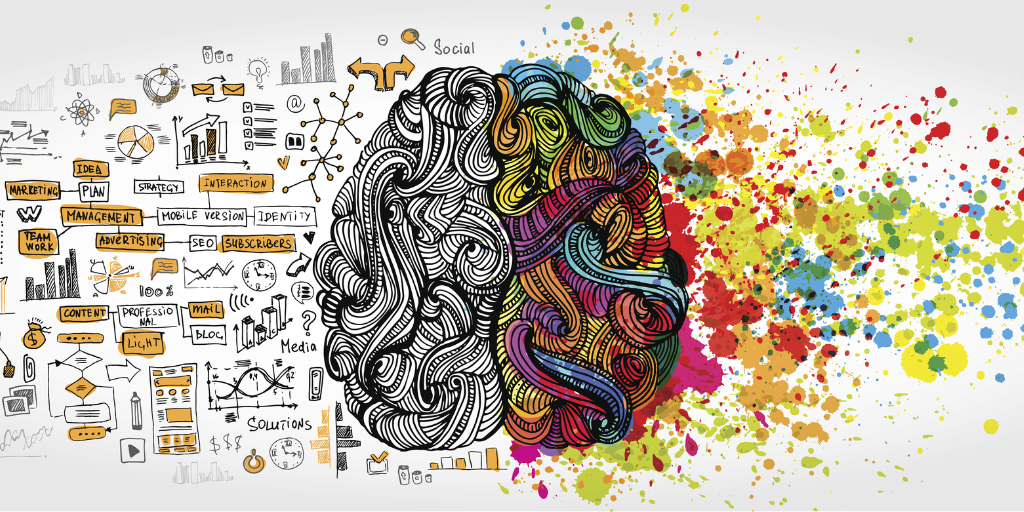The Psychology Behind Effective Promotional Products
Date posted: 18th September 2023
Last updated: 18th September 2023

In a world oversaturated with advertising and marketing messages, businesses are constantly seeking innovative ways to capture the attention of their target audience. One such method that has stood the test of time is the use of promotional products. From branded pens and tote bags to custom mugs and USB drives, promotional products have remained a popular marketing tool for decades. But what is the psychology behind the effectiveness of promotional products? Why do people respond positively to receiving a free branded item? In this blog, we'll delve into the psychology behind effective promotional products and explore why they continue to be a valuable marketing strategy.
Reciprocity: The Law of Give and Take
One of the fundamental psychological principles at play when it comes to promotional products is the law of reciprocity. This principle suggests that when someone receives something, they feel a natural inclination to give something in return. By offering a free promotional product, businesses trigger this psychological response, creating a sense of indebtedness in the recipient. In turn, this can lead to increased customer loyalty and engagement.
Tangible Connection
Promotional products provide a tangible connection between a brand and its audience. Unlike digital advertisements that can be easily ignored or forgotten, a physical item with a brand's logo on it serves as a constant reminder of the company. This tangible connection fosters a sense of familiarity and trust, making it more likely that individuals will choose that brand when making purchasing decisions.
Emotional Engagement
Effective promotional products often tap into the emotional side of consumers. When people receive a thoughtful and useful promotional item, it can trigger positive emotions such as gratitude and happiness. These emotions become associated with the brand, creating a positive brand image. For example, a company that gives away eco-friendly reusable water bottles not only promotes sustainability but also associates their brand with a positive environmental message.
Utility and Longevity
Promotional products that serve a practical purpose tend to have a longer lifespan and a higher impact. When recipients find these items useful in their daily lives, they are more likely to keep them around, ensuring that the brand message continues to reach them over an extended period. A branded notepad or calendar on someone's desk, for instance, can serve as a constant reminder of the company's presence.
Social Proof and Word of Mouth
Humans are social creatures, and we often look to the actions and choices of others as cues for our own behaviour. When individuals receive and use promotional products, they become walking advertisements for the brand. This can lead to conversations and recommendations among friends and colleagues, amplifying the brand's reach through word of mouth and social proof.
Personalisation and Individualism
In an age where personalisation is highly valued, promotional products that are tailored to an individual's preferences or needs can be exceptionally effective. Personalised items show that a brand values its customers and is willing to go the extra mile to cater to their individual tastes. This, in turn, enhances the customer's connection with the brand.
Conclusion
The psychology behind effective promotional products is rooted in principles like reciprocity, emotional engagement, and social proof. When done right, these products can create lasting positive impressions, build brand loyalty, and drive customer engagement. Businesses that understand the psychology behind promotional products can leverage this knowledge to create impactful marketing campaigns that resonate with their target audience and stand out in the crowded marketplace. In an age of digital advertising, the enduring power of a physical, tangible item should not be underestimated.
Strengthen your brand perception with promotional products
Chat online or call us today on +353 1 485 4509
